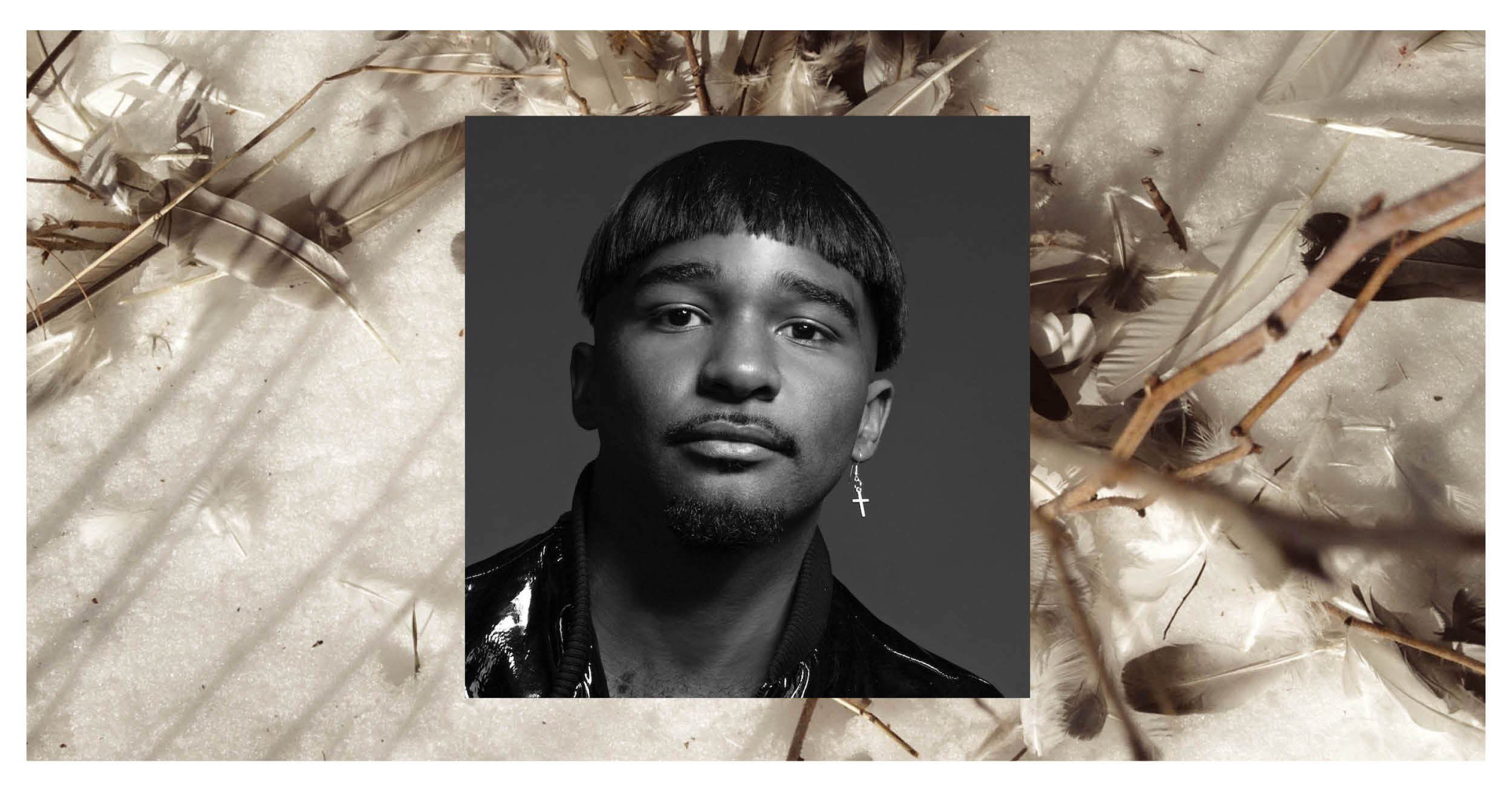On trusting your own process
thecreativeindependent.com
On trusting your own process

Even if you know what it feels like to be completely open to where your curiosity wants you to go, like Grothendieck, it is a fragile state. It often takes considerable work to keep the creative state from collapsing, especially as your work becomes successful and the social expectations mount. When I listen to interviews with creative people or
... See moreYancey Strickler’s Nine Creative Meditations
To me or to the mean - Focus on what makes your work strange or unique rather than trying to fit in with what everyone else is doing.
You are your audience - Create work that satisfies your own desires and interests rather than trying to please an imagined mass audience.
Small is more rewarding than big -